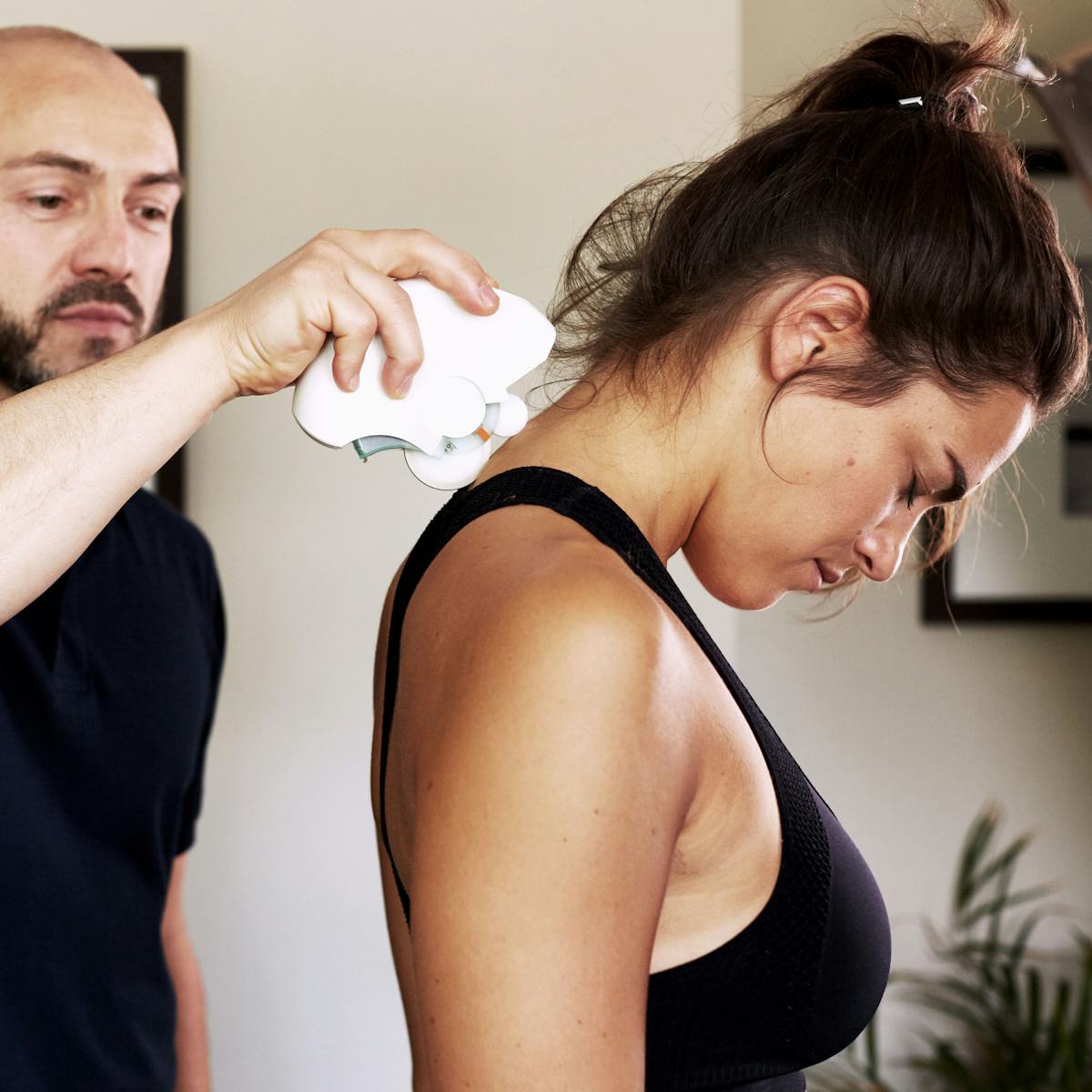The current COVID19 epidemic has revealed the vulnerability of the elderly but also of young people suffering from comorbidities. Nathan Clumeck, Professor Emeritus of Infectious Diseases - CHU Saint-Pierre, and Aspria experts provide insight into a preventive method against the so-called “silent killers” that you need to consider.


What is a biological age?
You of course are aware of your own age. But this number only represents your chronological age - the number of years since your birth - whereas there is another age that is significantly more important in terms of your wellbeing. This is your biological age, which reflects the state and condition of your body. As such, this number is a direct reflection of your choices in terms of various lifestyle factors: amount of weekly exercise, diet, alcohol consumption, smoking, hydration, fitness, weight management, stress and more.
Why is biological age important?
As we know, the impact of a healthy lifestyle on our bodies is undeniable, both in terms of maintaining energy levels but also of reducing the risk of disease and premature death.
A study published in 2015 analysed the biological ages of approximately 1,000 38-year-olds. The differences within this group were eye-opening: their biological ages ranged from 28 to 61 years.
The good news is that with necessary and sometimes small adjustments to lifestyle, we can all achieve younger biological ages. But it is now more important than ever to regularly track this specific indicator and understand what factors we need to focus on not only for general wellbeing, but as a preventive measure against underlying health problems.
How can you measure your biological age?
This is where AspriaPro Health comes in – Aspria’s holistic programme built around a comprehensive health assessment system. During a private consultation, one of our trained experts analyses a wide range of parameters such as body composition, blood pressure, cholesterol and glucose levels, VO2 max, free radicals, antioxidants and oxidative stress, heart rate variability, stress resistance, posture and spine mobility.
These measurements are used to calculate your biological age, and the AspriaPro expert will then give you personalised recommendations and a custom training plan – if necessary – designed to lower your biological age and improve your overall health.
Lifestyle Management expert, Oliver Patrick, who spearheaded the AspriaPro programme, explains the process.
The “silent killers”: diabetes, high blood pressure and high cholesterol
Most of the markers examined during the AspriaPro Health assessment – body composition, blood pressure, cholesterol and glucose levels, and heart rate variability – can reveal certain conditions which make the body more vulnerable to external threats.
Type II diabetes (associated with obesity) arterial hypertension and hypercholesterolemia are three conditions which constitute "Metabolic Syndrome". In some countries, Metabolic Syndrome affects 20-30% of people over the age of 50. The combination of these three factors increases the likelihood of developing serious vascular-related health issues, such as heart attacks or cancer.
The main causes of Metabolic Syndrome include being overweight, a sedentary lifestyle and imbalances in the intestinal microbiota.
While being overweight is usually fairly easy to recognise, we can live for years with health conditions such as arterial hypertension, hyperglycaemia and high cholesterol and yet not be aware of them until a serious clinical complication arises. Hence these are often called "silent killers", and this is why they are important markers to track for disease prevention.
A healthy lifestyle
Detecting and addressing potential risks of disease is the most effective way to proactively manage your health. Regular monitoring of your biological age, with an assessment of key health markers, can therefore be of great help. Even if we feel well overall, tracking our biological age can be a great motivator: it encourages us to make balanced and healthy lifestyle choices that provide overwhelming benefits for our health in both the near and long term.
